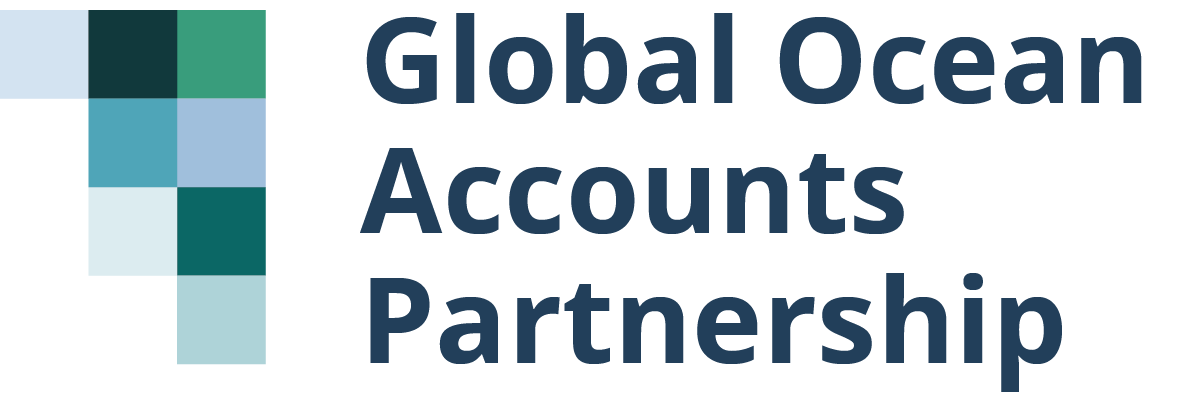These reports are 'preliminary consultation drafts'. Should you have any feedback or questions, please send them to info@oceanaccount.org.
Date
2021-2022
Pilot study area
Fiji
Objectives
- Strengthen Fiji’s capacity to better account for its ocean resources (mangroves and other biotic and abiotic marine resources). This supports the Government’s priority to mitigate immediate threats to incomes and livelihoods of local communities due to the effects of climate change.
- Develop information on a range of ocean ecosystem services (starting with mangroves) to assist ocean accounting in Fiji.
- Promote development and/or adoption of better technologies and assessment tools for dealing with biodiversity losses, pollution and destruction of marine ecosystems, and unsustainable use of marine resources.
- Assist Fiji with the development of evidence-based policies, legislative mechanisms, and advanced monitoring platforms.
- Provide an outline of available or potential data sources for constructing mangrove accounts in Fiji and highlight the current limitations to creating an ocean account for mangroves in Fiji.
- Provide recommendations for improving the quality of accounts and scaling nationally.
Target outputs: Mangroves conditions and direct SNA benefits.
Types of accounts
- Ecosystem asset accounts of mangroves (extent and cover)
- Economic accounts of direct SNA benefits
Methods
- Data collection: Remote sensing data from international and local sources.
- Site visits to the Suva-Tailevu coast (eastern), Navua-Sigatoka (Central) coasts, and Suva (Central), two stakeholder group consultations and a number of one-one stakeholder consultations.
- Data treatment: Manipulation of remote sensing datasets into basic spatial units per accounting area (province). Extent and condition of mangroves calculated per province.
- The methodology for economic valuation of SNA benefits involved analysing sector-specific data using the existing national accounts framework applied by the Fiji Bureau of Statistics.
Challenges and lessons learned
- Challenge: Quality and reliability of data (custodian and timely release). Solutions: a. International sources and direct outreach to data sources. b. Initial estimates are made using remote sensing and national accounts data. Both these can be improved when detailed I-O table and ground truthing of mangrove extent and cover are established.
- Challenge: Stakeholder engagement. Solution: Work with key groups across government and business.
- Challenge: Stakeholder communication. Solution: Bi-weekly meetings, stakeholder meetings and consultations with key data providers.
- Challenge: Connecting to policy objectives. Solution: The objective of the study directly connects to 5 out of the 7 objectives of the National Ocean Policy.
- Challenge: An economic estimation of ecosystems benefits. Solution: The account aimed to gauge the direct contributions that mangroves provide Fiji. Key highlights included estimates of the partials, impact on GDP and employment at the national level.
Key stakeholders
- Fiji Bureau of Statistics
- Ministry of Waterways and Environment
- Ministry of Economy
- Selected NGOs
- Other government ministries
- Secretariat of the Pacific Community
- Research community
Partners
- The University of New South Wales
- GOAP
- Researchers
- International experts
Contacts
- Rup Singh, Country lead
- Jordan Gacutan, Technical Officer, GOAP




